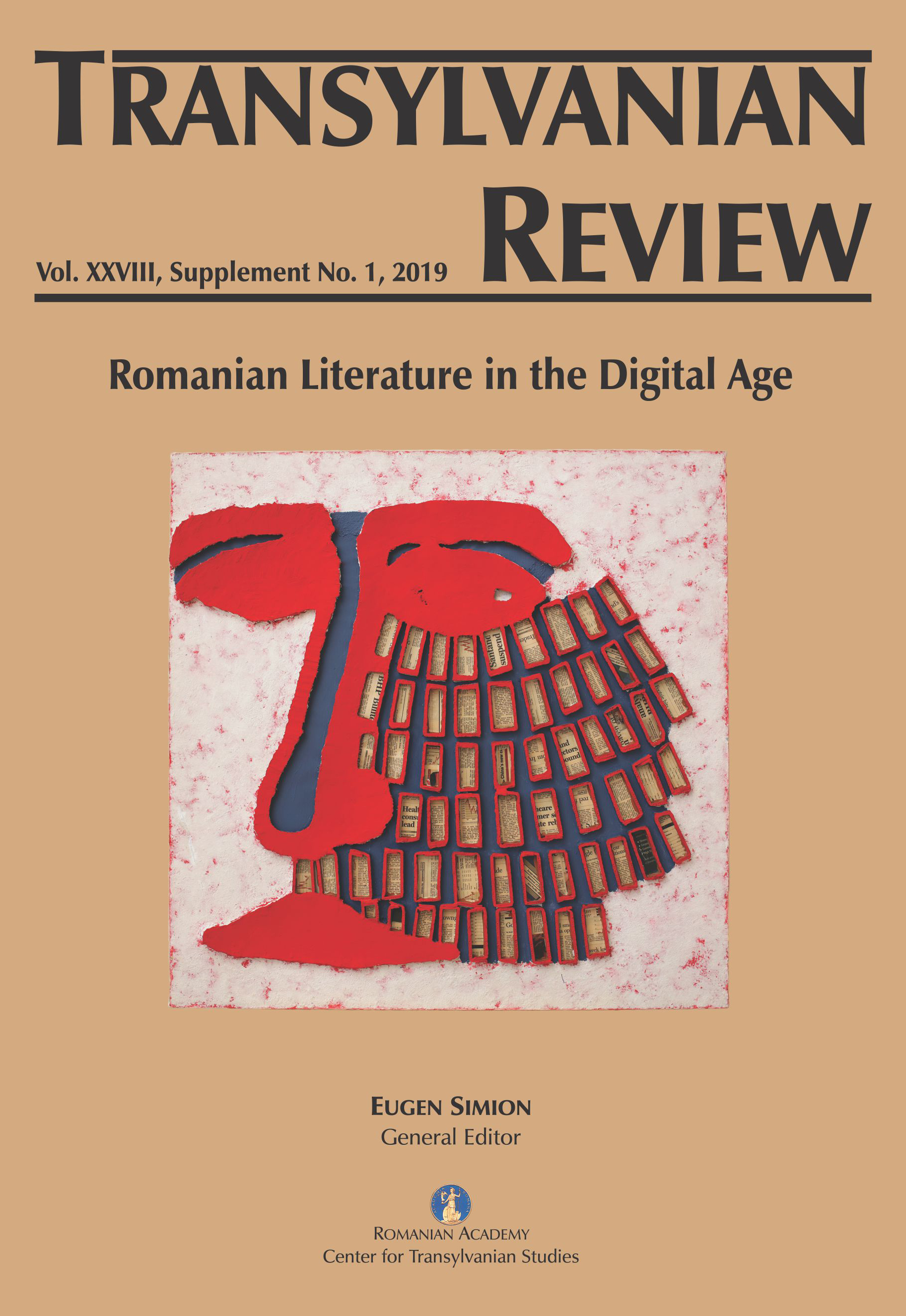Translating the (Meta)Language of Romanian Literary Criticism at the End of the Twentieth Century and the Beginning of the Twenty-First Century: Theoretical and Practical Aspects
Translating the (Meta)Language of Romanian Literary Criticism at the End of the Twentieth Century and the Beginning of the Twenty-First Century: Theoretical and Practical Aspects
Author(s): Ovidiu MatiuSubject(s): Language and Literature Studies, Romanian Literature, Translation Studies
Published by: Academia Română – Centrul de Studii Transilvane
Keywords: translation; terminology; harmonization; standardization; literary criticism;
Summary/Abstract: This paper argues that the translation of Romanian literary criticism, as a field of its own, requires the development of terminological databanks meant to provide the terminological standard, not in the sense of a “standardized” glossary of terms, but in that of “harmonized” terminology, organized in community-specific technolects, as defined by the promoters of socioterminology and the sociocognitive theory. This argument is supported with evidence derived from the research results of a case study focused on several samples of Romanian literary criticism originally published in Romanian and subsequently translated into English in Romania in the late twentieth century and the early twenty-first century, before and in the wake of great social, political and cultural changes. The analysis of the research results shows that dynamic terminological “harmonization,” as opposed to mere “standardization,” is not only possible but also a sine qua nonrequirement, given its potential to trigger improvements in the quality as well as in the quantity of translations of Romanian literary criticism into the lingua francaof today’s world.
Journal: Transylvanian Review
- Issue Year: XXVIII/2019
- Issue No: Suppl. 1
- Page Range: 275-288
- Page Count: 14
- Language: English

